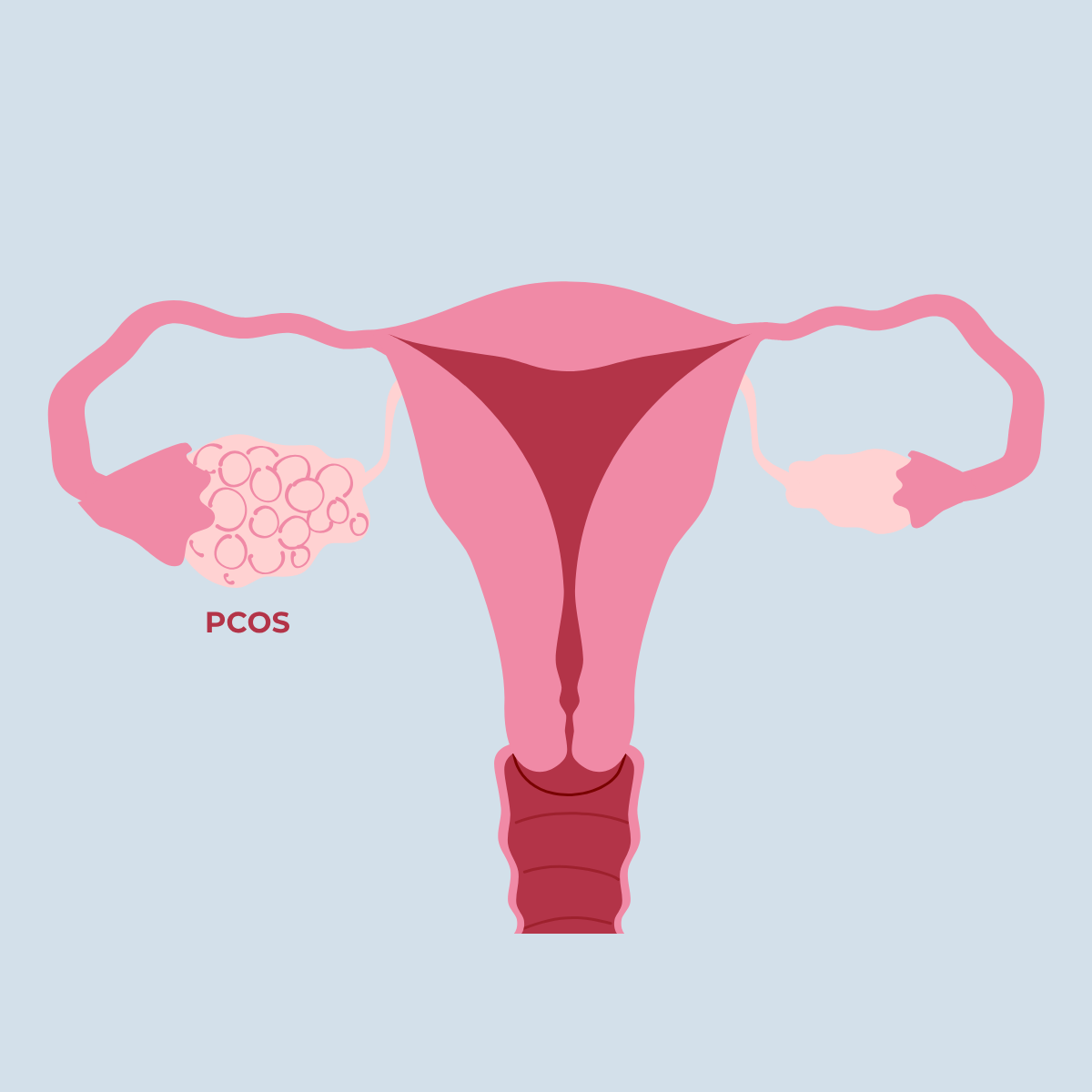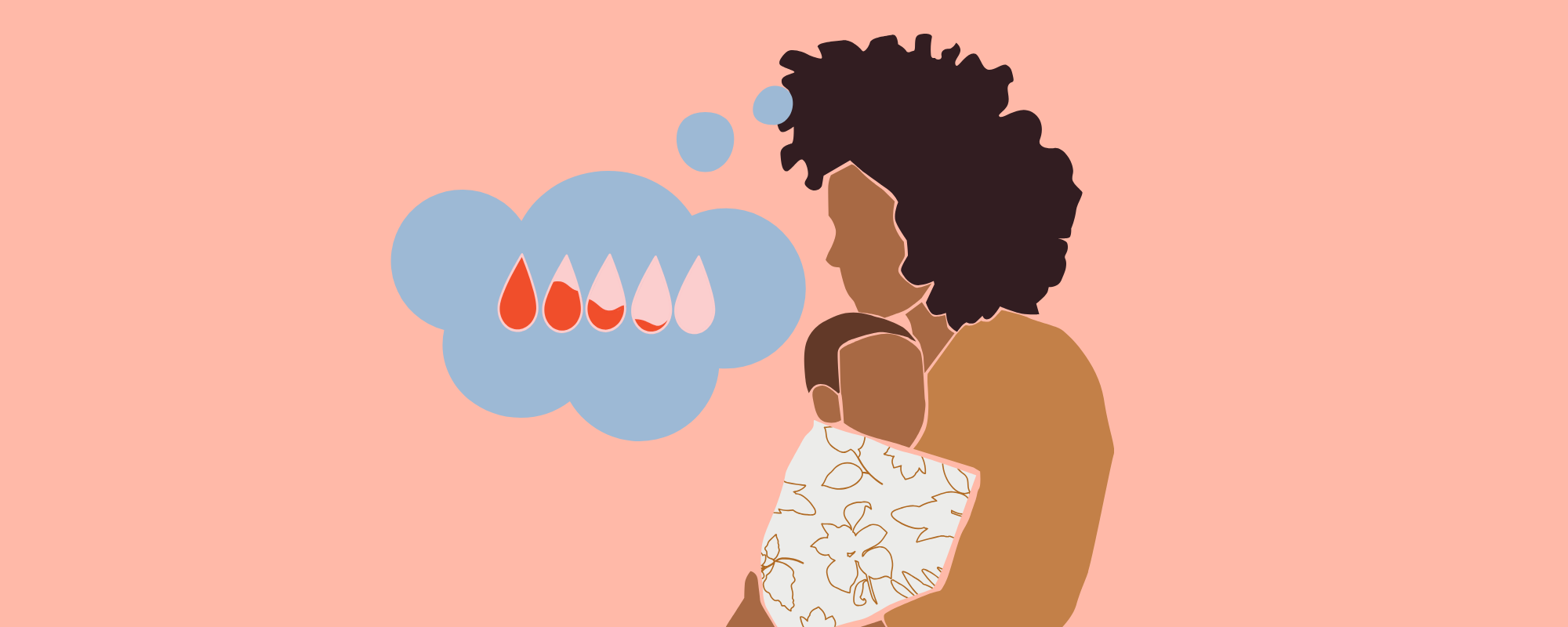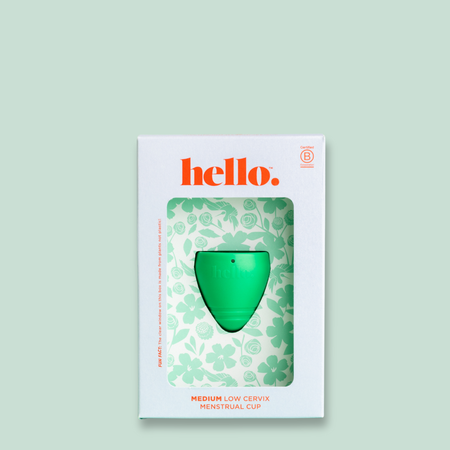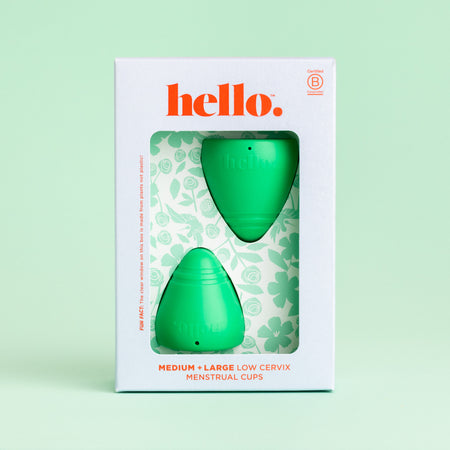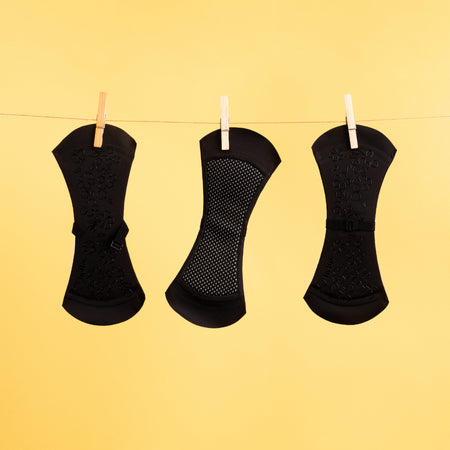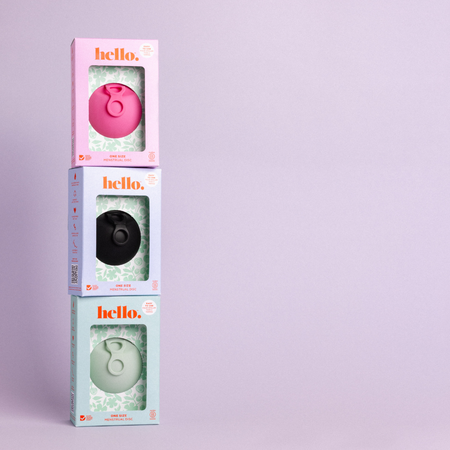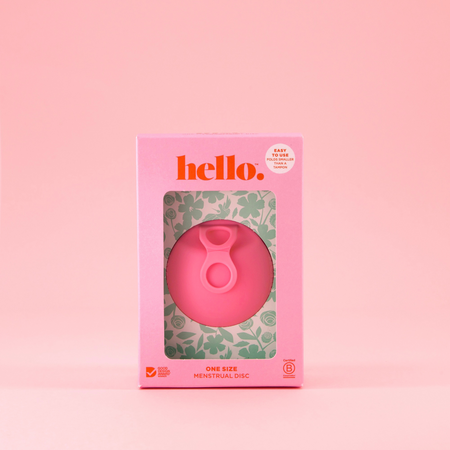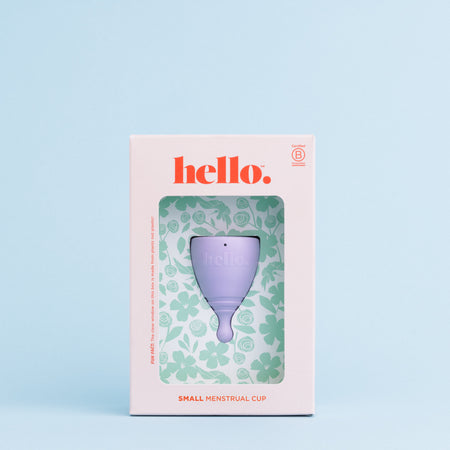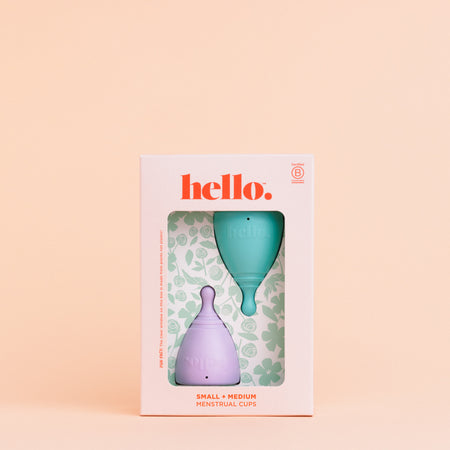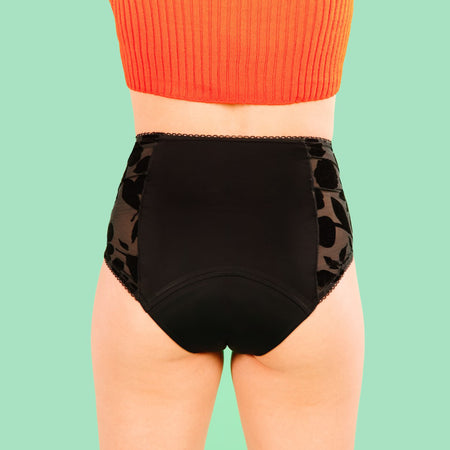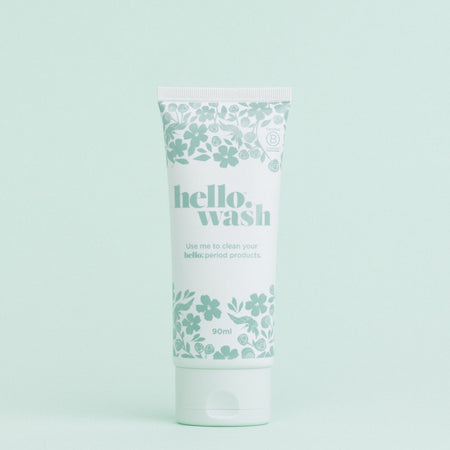Can Covid affect your periods?
Because Covid 19 is still a relatively new phenomenon there hasn’t been a huge amount of research conducted to date which is frustrating, but as time goes on we will continue to know more.
However, you’ve probably seen people online saying they’ve noticed changes in their cycle as they recover from a Covid 19 infection.
Some of the reported changes have included:
- Heavier periods
- Lighter periods
- Less regular periods
A 2021 study assessed data from 177 menstruating people with COVID-19. Researchers found 25% (45 out of 177 people) noticed changes in their periods. 36 said their periods were significantly lighter while 9 said their periods were significantly heavier.
People with severe COVID-19 were more likely to have a menstrual cycle that was longer than 37 days. Researchers found that 34 percent of people with severe illness had long cycles, compared to 19 percent of people with a mild case.
When researchers compared menstrual cycle length during COVID-19 to an individual’s normal cycle length, they found that 50 out of 177 people (28 percent) had changes in their menstrual cycle. Most experienced a longer-than-normal cycle during their illness, although some had a shorter cycle.
The levels of sex hormones, such as estrogen and progesterone from 91 people with COVID-19 were compared to 91 people without COVID-19. No difference was found between the two groups.
The researchers found that 99% of participants who had noticed some changes to the periods returned to their normal menstrual volume and cycle length two months after having COVID-19.
So what about the vaccine. Can the COVID-19 vaccine affect your period?
We don’t know much about this. Dr Jen Gunter talks about the frustration lack of studies in her blog The Vajenda. While she says it’s highly unlikely the vaccine has any long-term affects on menstruation, she also rightly says everyone who has a vaccine should be informed of what to look out for in terms of any possible changes to their menstrual cycle. Dr Gunter stresses, however, that any potential effects on menstruation should not ever warrant avoiding a vaccine.
“Given the potential damaging effects, both short and long term, of getting COVID-19, the best way to protect your overall health and your menstrual cycle is to get vaccinated.”
If you’d like to help grow the understanding of the impact of the COVID-19 vaccine on menstruation, Dr Kathryn Clancy from the University of Illinois has recently launched a voluntary study to understand the menstrual experiences of people after they have been vaccinated for COVID-19. If you’ve had a vaccination and would like to take part click here.


